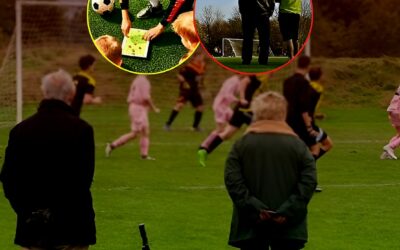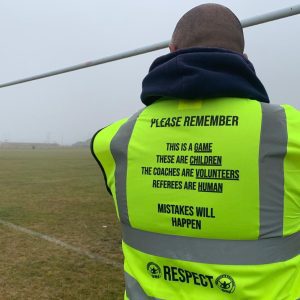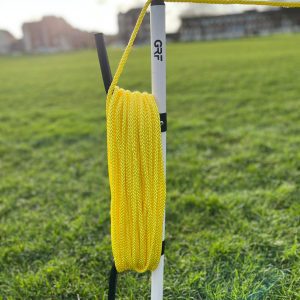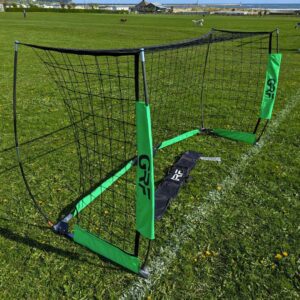The FA have released the following guidance to outline the steps required to protect the safety of participants in grassroots football in the event of a thunderstorm.
Purpose
The purpose of this guidance is to set out the steps that should be taken in the event of a thunderstorm to protect the safety of participants in grassroots football.
This guidance does not purport to provide guidance on thunderstorm safety outside the context of grassroots football. When assessing whether weather is unsafe and/or what to do, participants should always refer to the latest Met Office guidance.
Scope
This guidance applies to all participants in grassroots football and applies at all times and in respect of any relevant outdoor activity, including training and matches.
Planning
It is the responsibility of all participants to regularly check weather forecasts prior to a match and/or training.
It is the primary responsibility of the home team to consider possible contingency plans in the event of the weather becoming unsafe, e.g. could the activity take place in a safe indoor location?
It is the primary responsibility of the home team to consider whether there is an area where people could safely shelter in the event of unsafe weather (e.g. a safe indoor location).
Responsibility
It is the responsibility of the match official to determine whether a fixture should be postponed, cancelled or abandoned due to a thunderstorm. This decision should, where possible, be taken in consultation with the two teams and discussed prior to kick-off.
In the case of training or other relevant activities, it is the responsibility of the person with overall authority to organise and run the event to decide whether to postpone, cancel or abandon the session (e.g. the manager or coach).
When to postpone, cancel or abandon?
Where it is considered likely that the weather will make an event unsafe (e.g. through thunder and lightning, or extreme winds and rain), the activity should be postponed and/or cancelled.
If the weather becomes unsafe after an activity has begun, the activity should be postponed and/or abandoned and all participants should seek shelter (e.g. in a safe indoor location) until the weather has become safe.
Weather conditions must also be considered when participants are leaving an activity.
Where possible, decisions to postpone or cancel should be taken at the earliest opportunity so as to limit the impact on participants.
Any decision to postpone, cancel or abandon should be taken with the safety of participants being the top priority.
Consequences of postponement, cancellation and/or abandonment
In the event that a fixture is cancelled or abandoned due to a thunderstorm, the consequences of this shall be dealt with in accordance with the applicable competition rules.
In the event that a fixture or other activity is postponed and resumes upon the weather becoming safe, the match official and/or person with overall responsibility to organise and run the event should assess the safety of the pitch, as debris or rain may mean it is unplayable.
Emergency
If someone is hit by lightning, call emergency services / 999.
Before approaching to help, please check that there is no further danger to yourself or the casualty.
It is safe to touch someone who has been struck by lightning and provide them with First Aid.
You may need to move them to a safer area out of the storm if lightning strike is still a risk.
Check to see if there are signs of life as soon as possible and if the person is not breathing normally, start cardiopulmonary resuscitation (CPR), apply an automated external defibrillator as soon as possible and continue until help arrives.
Disclaimer
This guidance does not purport to provide advice on health and safety issues and The FA accepts no liability in this regard.
Participants should at all times follow the applicable government guidance (see link above) to ensure their safety in the event of a thunderstorm.








0 Comments